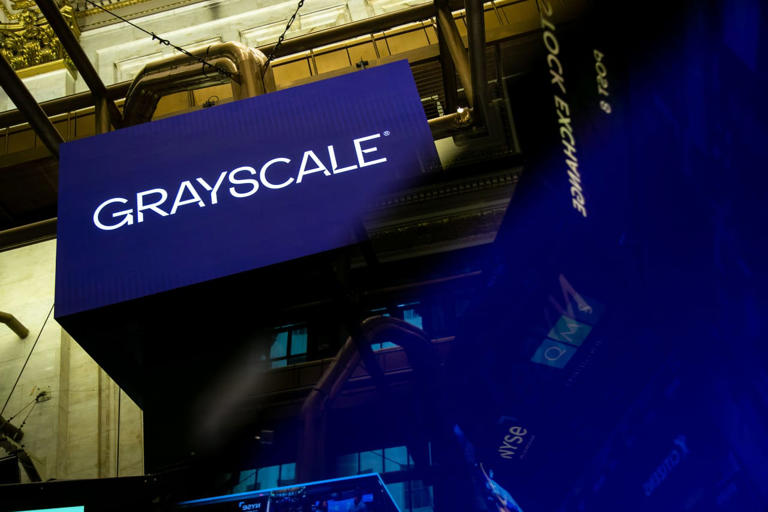Running an exchange-traded product (ETP) like the Steepcoin ETP might sound like an easy gig, with the potential to earn millions without needing to analyze the asset’s prospects. Take, for instance, the Grayscale Bitcoin Trust (GBTC), which charges a hefty 1.50% expense ratio, generating over $300 million in fees annually. But as competitors offering lower fees enter the market, GBTC is feeling the pressure.
The landscape has shifted, with alternative Bitcoin ETPs like iShares Bitcoin Trust (IBIT), Fidelity Wise Origin Bitcoin (FBTC), ARK 21Shares Bitcoin (ARKB), and Bitwise Bitcoin (BITB) charging significantly less—between 0.20% and 0.25%. Despite this competitive onslaught, GBTC continues to survive, albeit with dwindling assets, now at $18.3 billion.
One factor helping GBTC retain investors is the tax implications of exiting the investment. Many shareholders face substantial capital gains taxes due to Bitcoin’s meteoric rise since GBTC’s inception in 2013. Long-term investors could be hit with tax rates as high as 20% or 37%, depending on their holding period.
Typically, investors dissatisfied with high fees might consider legal action to pressure the money manager into reducing fees. However, GBTC and its competitors operate under different regulations than traditional ETFs, exempting them from certain fiduciary duties related to fee assessment and disclosure.
Under Section 36(b) of the Investment Company Act of 1940, money managers of ETFs are considered fiduciaries and must ensure that fees are reasonable. However, Bitcoin ETPs fall outside this purview, leaving investors with limited recourse to challenge excessive fees.
While taxable shareholders may struggle to force GBTC to lower its fees, the emergence of competing ETPs offering lower costs could incentivize change in the market. As the competition intensifies, investors may benefit from increased choice and potentially lower fees in the future.
